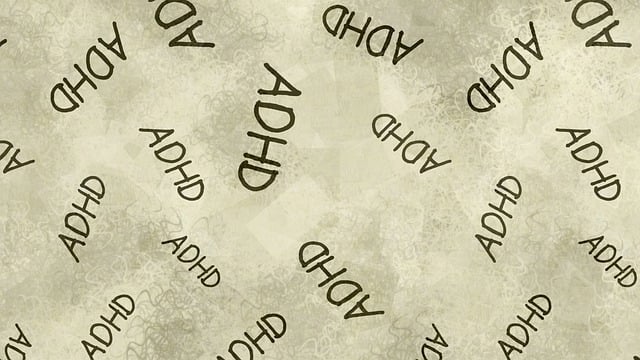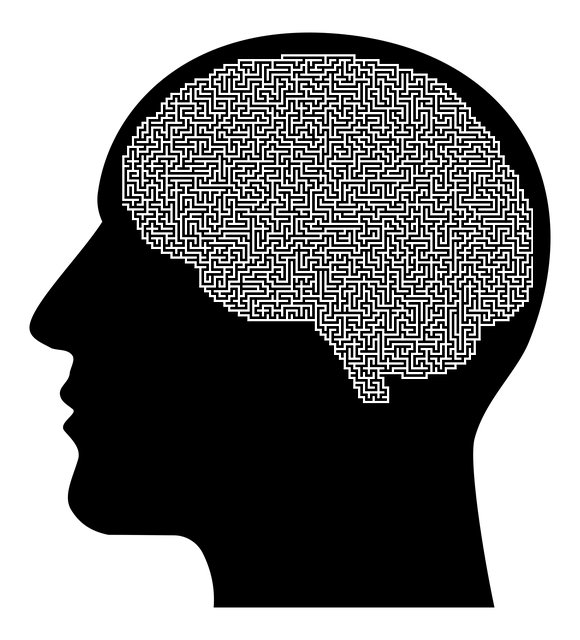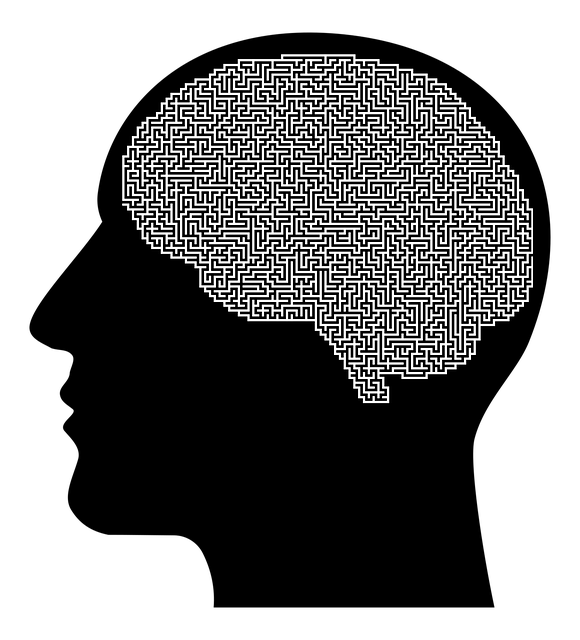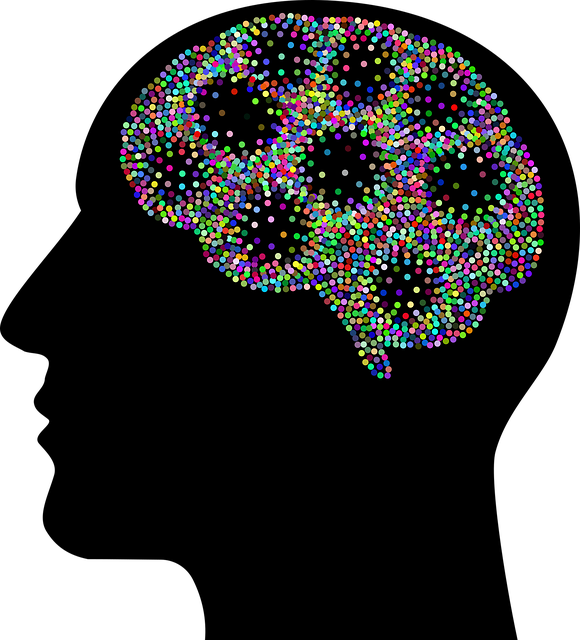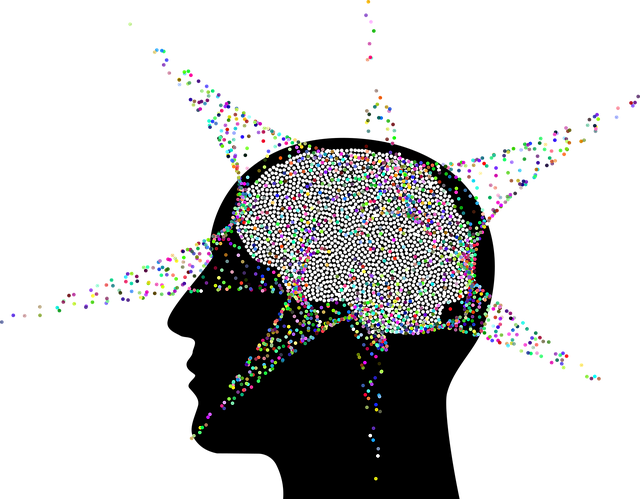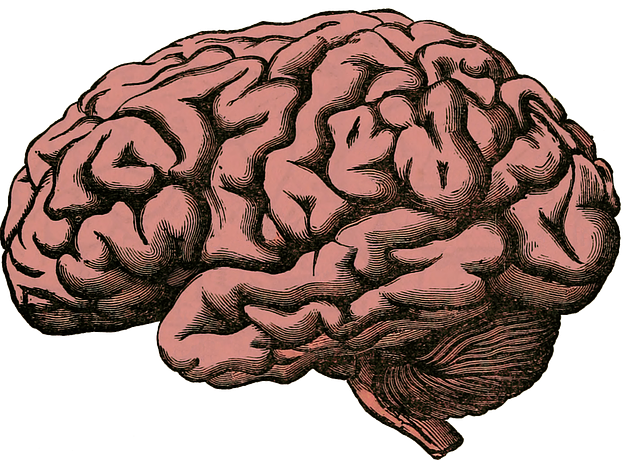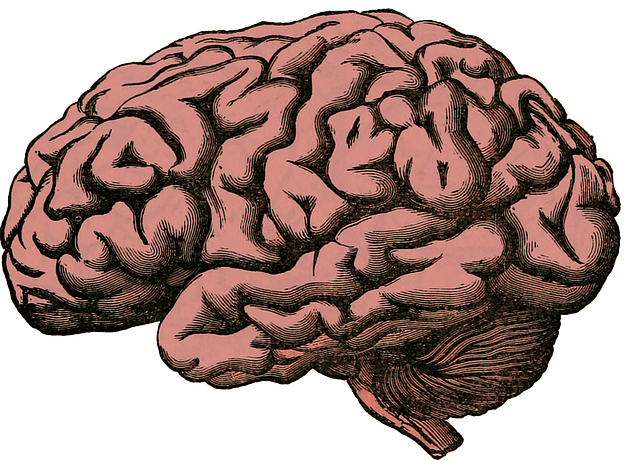Understanding Mental Health Data is vital for effective therapies like Golden Dissociative Disorder (GDD) therapy. Data collection involves structured interviews, questionnaires, or digital apps, while preprocessing ensures accuracy and consistency in patient profiles. Advancements in analysis, including machine learning and natural language processing, provide deeper insights into dissociation processes, enabling tailored interventions and supporting prevention efforts. Interpreting data is crucial for personalizing treatment plans, comparing therapy effectiveness, tracking progress, and adapting methods based on feedback. This strategic approach enhances comprehensive care, supports recovery journeys, and reduces bias in mental health policy analysis, ultimately contributing to equitable Mental Illness Stigma Reduction Efforts.
Mental health data analysis is a powerful tool in understanding and treating complex conditions like Golden Dissociative Disorder (GDD). This article explores the critical components of mental health data collection, preprocessing, and advanced analysis techniques tailored for GDD therapy. By delving into these strategies, we aim to highlight effective interpretations that enhance patient care and treatment planning, ultimately improving outcomes for individuals grappling with GDD.
- Understanding Mental Health Data: Collecting and Preprocessing
- Advanced Analysis Techniques for Golden Dissociative Disorder Therapy
- Interpreting Results: Strategies for Effective Patient Care and Treatment Planning
Understanding Mental Health Data: Collecting and Preprocessing

Understanding Mental Health Data is a multifaceted process that forms the bedrock for effective therapy interventions, such as Golden Dissociative Disorder Therapy. Collecting data involves capturing various aspects of an individual’s mental health journey, including symptoms, behaviors, and emotional states. This can be achieved through structured clinical interviews, standardized questionnaires, or digital health applications designed to assess specific disorders. The quality of these initial data points is paramount; thus, preprocessing plays a crucial role in ensuring accuracy and consistency.
Preprocessing entails cleaning the collected data by handling missing values, outliers, and inconsistencies. It also involves normalizing data formats and integrating information from diverse sources to create comprehensive profiles. For instance, combining clinical notes with structured assessments can provide a more nuanced view of a patient’s emotional regulation capabilities, which is essential for evidence-based mental health policy analysis and advocacy. Moreover, effective preprocessing reduces the risk of bias in interpretation, fostering more equitable Mental Illness Stigma Reduction Efforts.
Advanced Analysis Techniques for Golden Dissociative Disorder Therapy

In recent years, advancements in mental health data analysis have opened new avenues for Golden Dissociative Disorder (GDD) therapy. Techniques such as machine learning and natural language processing are being leveraged to understand complex patient behaviors and patterns more effectively. By applying these advanced analysis methods, therapists can gain deeper insights into the dissociation process, enabling them to tailor interventions that address specific symptoms and triggers unique to each individual’s experience with GDD. This precision approach promises to enhance therapy outcomes and significantly improve quality of life for those struggling with this often-misunderstood condition.
Beyond improving direct therapy, these advanced techniques also play a crucial role in supporting depression prevention and stress management workshops organization. By identifying early indicators of potential relapses or exacerbations, mental health professionals can proactively implement strategies to mitigate risks. Moreover, the data gathered through sophisticated analysis aids in developing evidence-based guidelines for risk management planning, ensuring that practitioners are equipped with the most up-to-date tools and knowledge to support their clients’ long-term well-being.
Interpreting Results: Strategies for Effective Patient Care and Treatment Planning

Interpreting the results of mental health data is a critical step in delivering effective patient care and tailoring treatment plans for optimal outcomes. This process involves meticulously analyzing trends, patterns, and individual responses to interventions. By delving into the numbers, healthcare professionals can identify what works best for each patient, ensuring personalized therapy. For instance, when assessing treatments for Golden Dissociative Disorder (GDD), therapists can use data to determine if specific techniques, like mindfulness meditation, prove more beneficial than others.
A strategic approach includes comparing treatment modalities, measuring progress over time, and integrating feedback from patients and caregivers. This holistic view enables clinicians to adapt their methods, incorporate successful strategies, and even design innovative programs, such as a community outreach program implementation or mental wellness podcast series production, catering to diverse patient needs. Effective interpretation empowers healthcare providers to provide the most comprehensive care, ultimately enhancing the journey towards recovery.
Mental health data analysis is a powerful tool in understanding and treating conditions like Golden Dissociative Disorder (GDD). By employing advanced techniques, such as detailed data preprocessing and sophisticated analysis methods, healthcare professionals can gain valuable insights into patient experiences and responses to therapy. Effectively interpreting these results allows for tailored treatment plans, ensuring better outcomes for individuals navigating GDD. This article has explored these key steps, offering a roadmap for integrating mental health data analysis into clinical practice, ultimately enhancing the delivery of Golden Dissociative Disorder Therapy.
